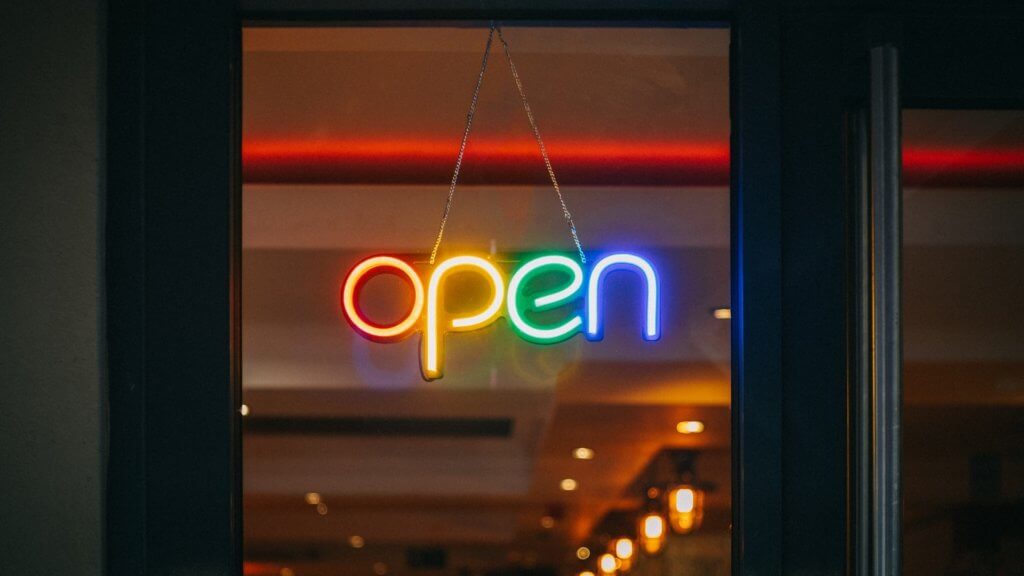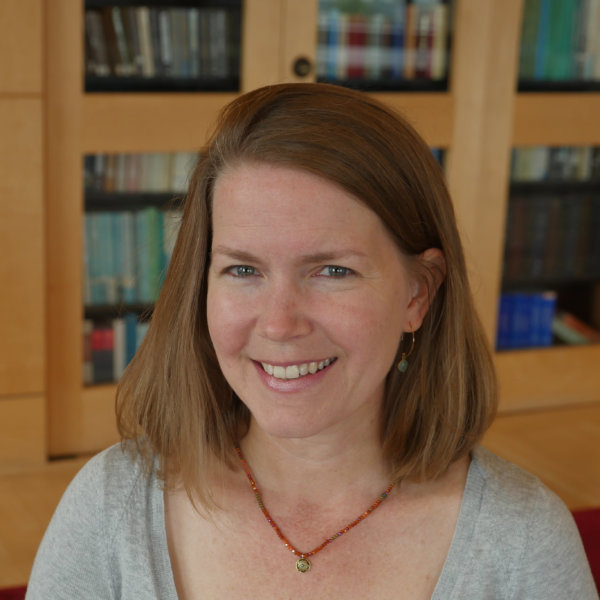Our two primary focuses for this year’s Open Access Week are open science progress and UCSF’s support for open access publishing. Open Access Week will be celebrated around the world this October 25-31 with the theme, It Matters How We Open Knowledge: Building Structural Equity.
Open access (OA) is the free, immediate, worldwide access to research publications and other outputs, and the right to share and re-use these outputs with attribution. OA can be achieved through either ‘green’ OA publishing of preprints and postprints (author accepted manuscripts), or ‘gold’ OA whereby the publisher’s version of your work is published open on their platform. Whereas green OA does not require payment by the author or the reader, gold OA has costs that are borne by either the author, library, professional society, funding agency, or another entity.
Resources and support for open access publishing
UCSF authors can take advantage of fee assistance for OA publication costs with a growing list of publishers. Since last year several new ‘transformative agreements’ have been signed with publishers that incorporate OA publication fee subsidies from the UC libraries for UC corresponding authors. The UCSF Library also maintains an Open Access Publishing Fund to provide up to $1000 per article for authors who lack research funds and who publish in fully OA journals not covered by a transformative agreement.
The UC libraries continue to pursue transformative agreements with publishers to repurpose library subscription expenditures into payments for both reading access and OA publishing. These agreements are in alignment with UCSF’s 2017 commitment through the OA2020 initiative to make all of UCSF’s published works openly accessible.
Though not all journals charge an article processing charge (APC) for OA publishing, this model of paying for OA is common in sought-after journals in the health sciences. The Library also supports non-APC models for authors to publish their work OA such as Annual Reviews’ Subscribe-to-Open and the Open Library of Humanities Library Partnership. Authors also have the right under the UC open access policies (green OA) to publish the final accepted manuscript versions of their scholarly articles OA in eScholarship, the UC OA platform, with no payment required.
Open Science Gains Steam
Open science is the movement to remove barriers to sharing all kinds of research outputs, including open sharing of publications, datasets, methods, software, notebooks, peer review, and educational resources. Its principles are transparency, collaboration, inclusivity, and reproducibility, all in the interest to improve scientific research.
Funding bodies, policy groups, and professional societies are increasingly focusing on open science (also called open research) to address major topics like research reproducibility, academic incentives, and sustainable development. UCSF’s Keith Yamamoto is the Co-chair of the National Academies of Sciences, Engineering & Medicine’s (NASEM) Roundtable on Aligning Incentives for Open Science. This group will be releasing a toolkit for fostering open science practices and is hosting a meeting of college and university leaders this fall (attended by University Librarian Chris Shaffer) to advance open scholarship.
Interested in open science? Join the Bay Area Open Science Group in its monthly Zoom meetings the 4th Thursday of each month from 2-3 pm PST. This group invites all UCSF, UCB, and Stanford students, faculty and staff to explore a variety of open scholarship topics. Upcoming meetings:
- September 28: Innovating Education in Reproductive Health with Dr. Biftu Mengesha
- October 26: Curating a COVID-19 Data Repository with Tiffany Tang
- November 30: Open Peer Review with Mario Malički
And, check the Library class and event calendar for our next offering of Introduction to Inclusive and Collaborative Open Science (see September 21 class).
Open Scholarship Resources
- Open Access FAQ
- Open Science 101 – key resources
- 10 Ways to Support Open Research
Have a question or a topic you’d like to discuss? Contact the Library!
Photo by Viktor Forgacs on Unsplash

